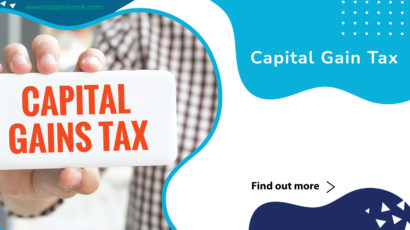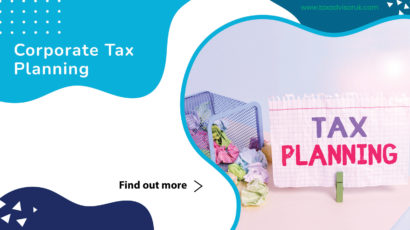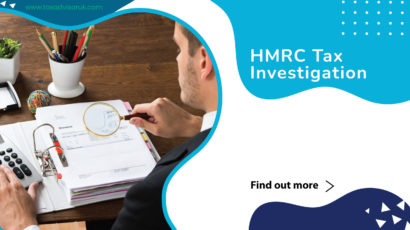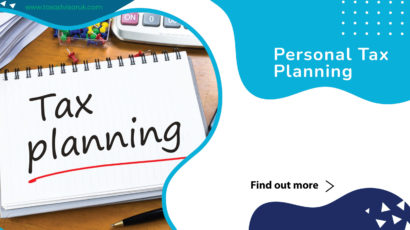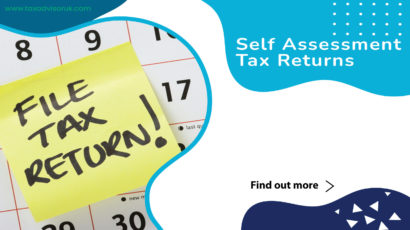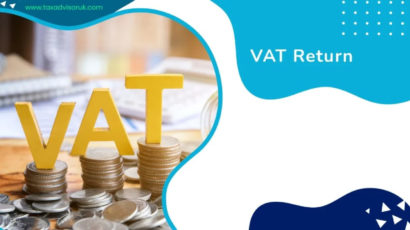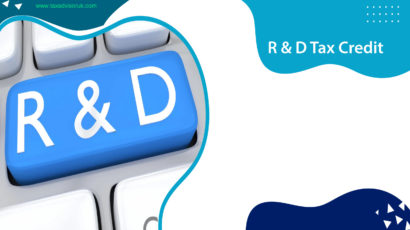This is a frequently asked question for us. The answer is that you are running a business if you own a rental property or properties that are your primary source of income, or if you own multiple rental properties and buy more with the purpose of renting them out.
This article will not go over the rules for Rent a Room, Furnished Holiday Lettings, Hotels, and Guest Houses.
The majority of first-time landlords buy their first property in their own name. However, if you continue to buy more rental properties and earn more money from them, it may be worthwhile to consider operating as a limited company because there may be tax advantages to doing so.
Property to buy and rent out
Purchase to let refers to buying or holding residential property with the intention of renting it out, such as houses or flats.
Following HMRC’s tax revisions, many investors are reorganising their rental property purchases to avoid earning income directly. As a result, a limited company is the most common structure for a large residential property portfolio. For a small property portfolio with little or no financing, a limited company may be overcomplicating the situation.
Buy-to-let property structures
Keep the following points in mind while buying a home:
For example, why are you buying the property, how are you going to finance it, how much money will it bring in, and are you buying it for the short or long term?
The only personal ownership and limited company are the two most common ways to become a landlord. However, there are additional options that we will not discuss in this article, such as:
- Ownership by a single person.
- Occupiers in Common refers to a group of people who share a Partnership.
- LLLP stands for Limited Liability Partnership.
- Limited Liability Corporation.
- Pension Fund Trust is a trust that manages pension funds.
What does it mean to be a ‘Private Landlord’?
Many people who become landlords begin as ‘Private Landlords.’ Personal ownership is when a landlord owns their property in their own name. For tax purposes, you’d be classified as a ‘Private Landlord.’ However, there are still tax implications if you rent out property as a Private Landlord.
Property owned by a single person
Property ownership by a single person is the most common way for people to get started. It may be the most straightforward option, especially if you have the funds in your bank account to make the purchase. However, if you do not decide to live in the entire house full-time or if you plan to rent out the entire house, there may be more tax-efficient options. It’s important to note that if you’re renovating a home to sell, you’ll be classified as a single trader.
Property ownership by a single person has a number of advantages.
There are some advantages to owning a house on your own. These are the following:
- It’s easier to administer than a limited liability business.
- Income, bills, and taxes are all your sole responsibility.
- There is no capital gains tax if you resided in the property as your primary family residence for the whole time you owned it.
- On sale, there is a tax-free capital gains allowance.
Property ownership by a single person has a number of advantages.
- If the property is being developed for profit, you will have to pay national insurance and income tax.
- If you rent a residential property, your interest deduction is reduced.
- You have less flexibility because all of your income and taxes are yours.
Using a limited business to own a property
A limited company is a sort of business structure that is formed into a separate legal entity. If a person decides to own and operate a property business as a limited company, the firm will:
be legally separate from the person in charge of the company’s operations
Keep your business and personal finances secret..
own assets, such as real estate.
- be legally distinct from the person in charge of the business
- Separate your business and personal finances.
- own assets, such as a house.
In recent years, owning investment property through a limited company has become a particularly tax efficient way of functioning, especially if you need bank financing.
The following are some of the benefits of owning a buy-to-let property through a limited company:
- Finance interest on residential properties is fully deductible.
- Ability to share earnings with others.
- Flexibility in earning or making gains on a sporadic basis, as well as the ability to spread personal tax liability.
- Withdrawal flexibility and lower average tax rates.
- You have financial control over your funds.
- Ability to keep a separate pool of assets and pay reduced taxes on it.
Buying a buy-to-let property through a limited business has some drawbacks.
- There are no capital gains tax exemptions.
- To avoid penalties, you must be diligent as an administrator.
- The Annual Tax on Enveloped Houses is applied to larger homes (ATED).
Differences in property taxes between properties owned by individuals and properties held by limited liability companies
If you just use your property as your primary family residence and have no other residence, you are unlikely to owe any additional taxes on it. However, if you want to rent out the house for a profit, you need to be aware of the tax implications.
Properties that are owned by individuals
Property taxes on personally held property are less complicated than those on a limited liability organisation. To calculate your profit, simply subtract your authorised expenses from your rental income. Any profit you make will be subject to income tax at your regular rate.
There are some distinctions in the expenses you can claim if you own a property outright. Loan interest, for example, cannot be deducted as an expense on a single-family home. Instead, all loan interest payments and other financing charges are deducted at a basic rate of 20% from your tax liability.
The key areas of tax to consider when renting out a purchase to let home are listed below.
Income tax
Annual taxes are based on all rental income, net of expenses. A limited company must pay corporation tax, whereas all other structures must pay income tax. Individual trading profits are subject to national insurance as well.
Capital gains tax
You may want to sell your investment at some point. You may receive more or less than you paid for a property when you sell it. The difference between the selling and buying prices is your basic capital gain, and any gain is subject to capital gains tax.
If the property is part of a trading activity, such as property development, the gain will be classified as trading income and taxed accordingly.
Purchase and sale costs are capital gains tax deductions that can be deducted from this gain before it becomes taxable.
Annual Corporation Tax on Enveloped Dwellings (ATED)
The Annual Tax on Enveloped Housing units (ATED) is a property-value-based tax that applies to any UK focusing worth more than £500,000 that is owned entirely or partially by a company.
Tax deductions from this tax are available in some cases, such as property management or development, but they must be claimed on the annual registration.
Inheritance tax
For inheritance tax reasons, investment property is considered an asset.
Shares in a corporation that mainly owns investment property are considered investment property for income tax purposes, even if the property is a small close company.
Furthermore, investment property may change the nature of a trading corporation for capital tax purposes, resulting in higher taxes. Transferring property to a company may result in income tax at lifetime rates if full consideration is not paid or the company is owned by separate people.
It is advisable to plan for succession.
If you’re considering buying and renting out property, consider why you’re doing it, whether it’s a long-term investment, and whether it will add to your portfolio. Seek professional advice as soon as possible to determine the best structure for you to own and rent out the property, as this guidance may save you money on taxes and reduce your tax burden.
How TaxAdvisor UK can help
At TaxAdvisor UK , our experts will provide you 30 minutes free consultation and help you in managing all your tax and accounting work. Speak to our expert accountants, tax advisor on (0203) 5381276 or fill an online form today. We can have a consultation session over the phone, virtual or face to face meeting and will provide you with a no obligation fixed quote




